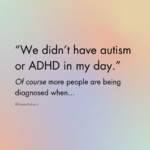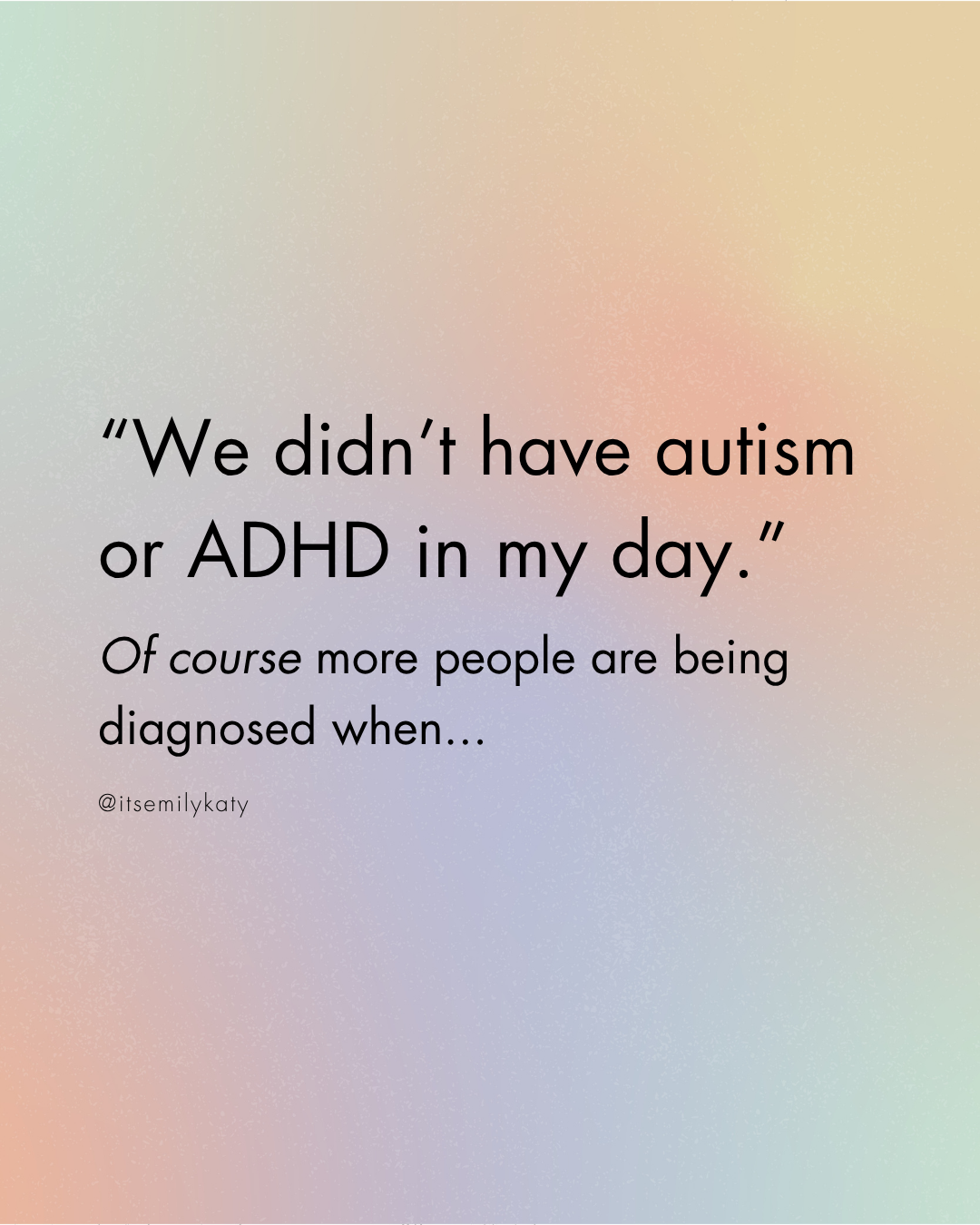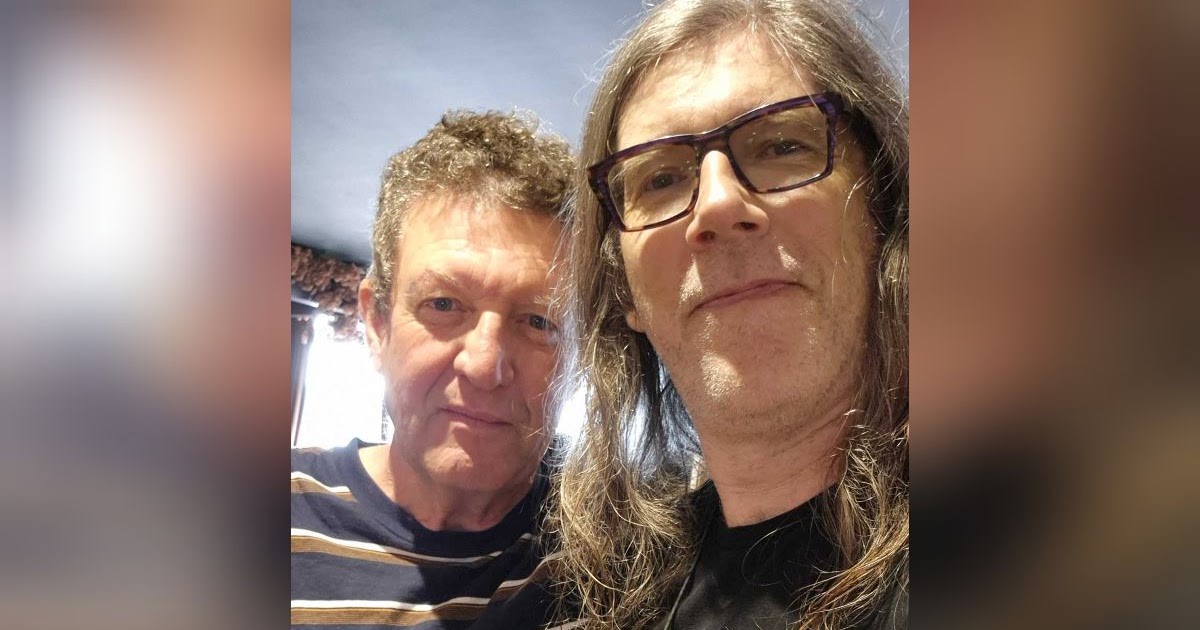I have spent my career working in nursing. I worked for over three decades in elder care and then transitioned into faith community nursing ten years ago. My passion for healing ministry is personal—I am the parent of three adult children who live with disability. I ground my work in principles of inclusion, health equity, and disability justice. I believe my role as a faith community nurse (FCN) is to nurture spirit, body, and mind.
The Role of Faith Community Nursing in Mental Health Care
Faith community nursing is the specialized practice of professional nursing that focuses on the intentional care of the spirit as part of the process of promoting holistic health and preventing or minimizing illness in a faith community1. An FCN is a licensed registered nurse who serves as a member of the faith community ministry staff. Faith community nursing is practiced in a wide variety of religious traditions in at least fifteen countries.
FCNs serve as vital resources for individuals navigating significant life transitions, particularly concerning their mental health needs2. FCNs work both within and outside healthcare systems, contributing to congregational health ministries and pastoral teams across different religious traditions. Their unique blend of nursing expertise and spiritual understanding enables them to support individuals and families in maintaining or regaining wholeness in physical, emotional, and spiritual health during pivotal moments such as birth, illness, death, and marital transitions3.
A significant aspect of FCNs’ work is rooted in understanding cultural and community practices that impact mental health. Research by Veronica Gallo from West Virginia University underscores the importance of addressing mental health needs directly within faith communities, affirming that these spaces can, indeed, facilitate discussions around mental health, which are often taboo or overlooked in other settings4.
Bridge-Builders and Trusted Insiders
FCNs play various roles in congregations and church communities, like being bridge-builders and trusted insiders. They recognize that community members may have varying comfort levels with terminology surrounding mental health. Gallo’s research illustrates this generational divide—older individuals may shy away from discussing “mental health,” while younger congregants might embrace such conversations more openly. By reframing discussions around mental wellbeing in a manner that resonates with different age groups, FCNs act as bridges, fostering understanding and support within their communities5.
Taking a birds-eye view of mental health needs in faith communities reveals several overarching themes that FCNs can effectively address: the necessity for coping strategies, increased awareness of mental health disorders, and better familiarity with available health services. By assessing these needs, FCNs help congregations develop a culture of openness regarding mental health—steering members toward appropriate resources and interventions6.
One of the compelling advantages of FCNs is their established trust within the congregation. As insiders, they have a unique understanding of congregants’ health profiles, cultural backgrounds, and spiritual beliefs7. This familiarity allows FCNs to provide tailored support that resonates with individuals’ beliefs and values, making it easier for congregants to engage with their mental health needs.
For example, a faith community nurse may lead programs designed to strengthen emotional wellbeing, ranging from yoga sessions to suicide prevention classes. This variety of offerings aligns with the holistic health model embraced by FCNs and addresses the diverse mental health needs of their communities. Recommendations could also include connecting congregants with community resources, such as substance use treatment programs or mental health counseling services, thus, expanding the support network available to individuals8.
Responding to Increased Mental Health Challenges
The importance of FCNs in mental health care has become even more evident amid the escalating mental health crisis exacerbated by the COVID-19 pandemic. The isolation enforced during lockdowns and the ensuing grief from loss contributed to increased rates of depression, anxiety, and substance misuse9. Faith communities, traditionally spaces for social interaction and emotional support, found themselves facing challenges in maintaining connections during this period.
Gallo’s insights into faith community nursing reveal the potential for churches and other religious organizations to serve as safe havens for mental health support. Unlike traditional healthcare settings, faith communities often provide a non-threatening environment where individuals feel more comfortable discussing their struggles10. This perspective emphasizes the need for an integrated approach to mental health that recognizes the interplay between spiritual beliefs and emotional wellbeing.
As mental health continues to be a pressing concern across North America—diagnosed in one in five individuals11—the integration of faith community nursing into health ministry presents an important avenue for addressing community mental health needs. FCNs stand ready to facilitate much-needed dialogue, provide holistic care, and develop coping mechanisms within their communities.
In response to the ongoing economic challenges, declining access to healthcare resources, and the pervasive impact of the pandemic on mental health, harnessing the capabilities of FCNs not only enriches spiritual life but also amplifies efforts to foster mental wellbeing within congregations. By embracing this role, faith communities can transform into powerful allies in the pursuit of mental wellness.
A Call to Action for Faith Communities
Promoting mental awareness is a profound way to embody the Church’s commitment to holistic health. By educating themselves and their members, creating safe spaces for open dialogue, and integrating mental health care into their practice, nurses can significantly enhance the wellbeing of their communities, honouring the holistic nature of human beings while nurturing the mind, body, and spirit12.
Because healing does not necessarily mean curing (as we tend to think), a health ministry in a congregation involves emotional, mental, and spiritual recovery. This can occur during illness, even when curing of the disease is not present. Galatians 5:15 reminds us to “Love our neighbors, as ourselves.” Matthew 25:40 also reminds us of Christ’s redeeming love by offering our gifts, knowledge/skills in service for all: “…whatever you did for one of the least of these brothers of mine, you did for me.” May we seek to build churches that are a safe and welcome place for all who feel excluded and isolated. Having a health ministry in a church is a natural expression of following Jesus, the greatest physician, who cares for all people.
[1] American Nurses Association and the Health Ministries Association. 2005. What is Faith Community Nursing?
[2] Westberg Institute for Faith Community Nursing. 2020.
[3] Gallo, Veronica. 2022. Identifying Mental Health Needs in the Faith Community. Journal of Christian Nursing 39(3). July/September 2022.
[4] Gallo, Veronica. 2022. Identifying Mental Health Needs in the Faith Community. Journal of Christian Nursing 39(3). July/September 2022.
[5] Gallo, Veronica. 2022. Identifying Mental Health Needs in the Faith Community. Journal of Christian Nursing 39(3). July/September 2022.
[6] Gallo, Veronica. 2022. Identifying Mental Health Needs in the Faith Community. Journal of Christian Nursing 39(3). July/September 2022.
[7] Anaebere, Ann Kiki, and DeLilly, Carol Rose. 2012. Faith Community Nursing: Supporting Mental Health During Life Transitions. Issues in Mental Health Nursing 33(5). April 2012.
[8] Gallo, Veronica. 2022. Identifying Mental Health Needs in the Faith Community. Journal of Christian Nursing 39(3). July/September 2022.
[9] Gallo, Veronica. 2022. Identifying Mental Health Needs in the Faith Community. Journal of Christian Nursing 39(3). July/September 2022.
[10] Gallo, Veronica. 2022. Identifying Mental Health Needs in the Faith Community. Journal of Christian Nursing 39(3). July/September 2022.
[11] Gallo, Veronica. 2022. Identifying Mental Health Needs in the Faith Community. Journal of Christian Nursing 39(3). July/September 2022.
[12] Saunders, Rosalyn. 2024. Embracing Mental Health Awareness: A Guide for Adventist Faith Community Nurses. https://nadhealth.org/embracing-mental-health-awareness-a-guide-for-adventist-faith-community-nurses/
Photo by National Cancer Institute on Unsplash Photo by Ben White on Unsplash Photo by Priscilla Du Preez 🇨🇦 on Unsplash
ANNE-MARIE MOHLER, RN, FCN

Anne-Marie is a Registered Nurse and Certified Faith Community Nurse Coordinator with over thirty years of experience in eldercare and a decade specializing in faith community nursing in Toronto. She serves on the board of InterChurch Health Ministries Canada, and is an active member of several professional organizations, including the Registered Nurses’ Association of Ontario, Faith Community Nursing Interest Group, Canadian Association of Parish Nursing Ministry, Faith Community Nursing International, and International Westberg World Forum.
Passionate about the intersection of mental health and spiritual care, she focuses on disability theology, drawing from her personal experiences as a caregiver to her adult children with multiple disabilities. Anne Marie’s commitment to holistic care reflects her deep understanding of the spiritual dimensions of health and wellbeing in church ministry.










